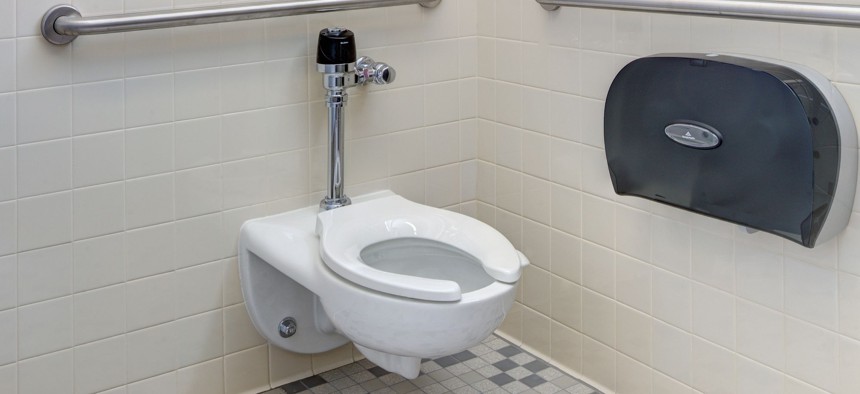Possible Source of ‘Gooey Nightmare’ That Overwhelmed Montana Wastewater System ID’d

Shutterstock
It’s an enemy that many water infrastructure managers are familiar with.
Bacon grease is the possible culprit in a “gooey nightmare” that unfolded at a wastewater treatment plant in Montana last month, according to the Montana Standard. An influx of grease caused a sponge-like foam to build up at the City and County of Butte-Silver Bow’s facility thanks to a brown bacteria “uniquely good at eating” the fatty substance.
It became so bad that the recently opened $34 million wastewater treatment plant had to shut down for six hours in early April after the bacteria oozed out of a vat and covered the floor a few inches high before flowing out a doorway.
All of this occurred after county workers broke a “huge grease dam” that had been plugging a sewer line, sending chunks of grease toward the plant.
Bacon grease and other substances that can gum up pipes are a common enemy for any wastewater authority.
Recently in Atlanta, grease and baby wipes that clogged a pipe caused raw sewage to spill into a nearby creek. It was a minor spill—about 3,320 gallons—but a situation that prompted the Atlanta Department of Watershed Management to release this reminder, according to WSB-TV:
Debris and grease in the sewer line contributed to the spill. It is critical not to throw trash into storm drains or pour grease down kitchen drains because they may lead to sewer overflows. Disposable wipes also impact our sewer infrastructure.
In New York City, 80 percent of clogged sewer incidents in some Queens neighborhoods can be attributed to grease, Crain’s New York Business reported in January. In the rest of the city, it’s about 60 percent.
While discarded cooking oil can be an expensive challenge for a local government to manage, there are opportunities, too.
As Crain’s New York Business reported:
To minimize such costly damage, New York officials have encouraged restaurant owners to sell their used cooking oil to firms that convert it into biodiesel that fuels garbage trucks and other municipal vehicles. There are 24 licensed grease haulers in the city, according to the Business Integrity Commission, which regulates the industry. In October those haulers got a boost when Mayor Bill de Blasio signed a law requiring that the biodiesel content in the city's heating oil supply increase to 20% in 2034 from the current mandate of 2%.
Flushable wipes, however, are another story.





